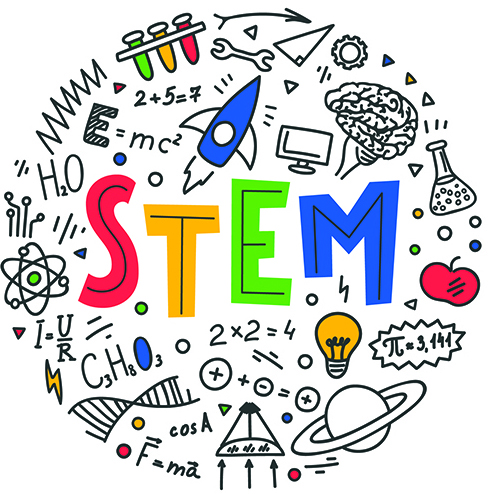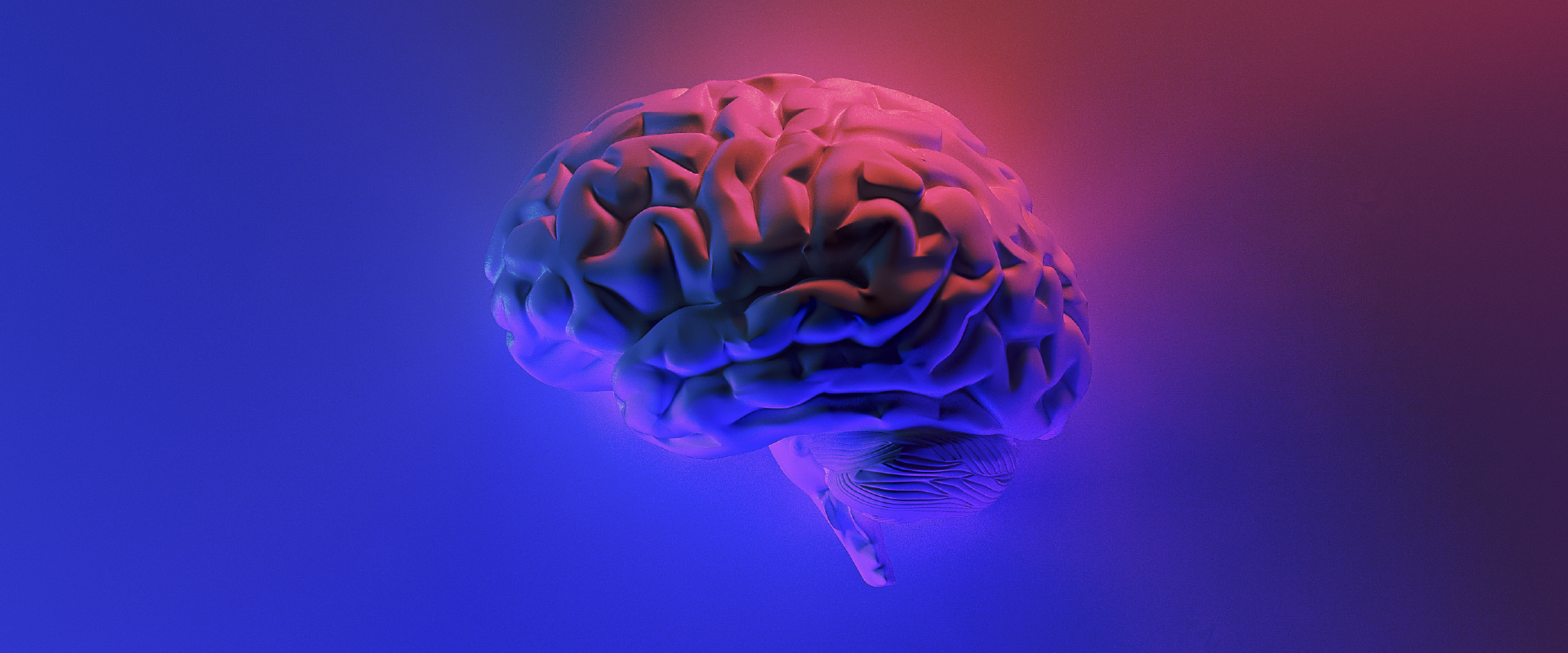By Bethany Alex
Did you know, interest in pursuing careers in science, technology, engineering/computer science and mathematics (STEM) rapidly declines starting in middle school, with only one-third of U.S. middle school students scoring proficient on the U.S. national report card?
By the time students graduate from high school, less than 20% are prepared for college-level coursework in STEM disciplines.
These statistics are even worse in populations with limited access to STEM education resources, highlighting the disproportionate representation of the population in STEM careers.
To help combat this discrepancy, local business leader and health-science advocate, David J. S. Nicholson, gifted FAU Stiles-Nicholson Brain Institute’s ASCEND (Advancing STEM Community Engagement through Neuroscience Discovery) program an additional three years of funding as part of his recent $10 million gift to the university. ASCEND, created in 2018 with a four-year, $780,000 grant by the Stiles-Nicholson Foundation, exists to increase public awareness and understanding of contemporary brain science research activities and brain health. In addition, ASCEND aims to facilitate an increase for young minds to learn and work in neuroscience-based disciplines.
“It is my hope that the FAU Stiles-Nicholson Brain Institute’s ASCEND programming will foster a revitalized interest among young people to pursue STEM as a career and improve U.S. rankings in high school science and math education,” Nicholson said. “Kids may only be 25% of our population but they are 100% of our future – educating them is our best investment, especially in science.”
ASCEND is a mentored program, comprised of direct and digital media-based interactions between neuroscience trainees at FAU, Max Planck Florida Institute for Neuroscience and Scripps Florida, that targets middle and high school students in Palm Beach County.

“The mission of ASCEND is to positively impact the national shortage of students pursuing STEM education and career-related opportunities through inspiring and intellectual, hands-on learning experiences between post-baccalaureate and post-doctoral neuroscience trainees and students in our community,” said Nicole Baganz, Ph.D., director of community engagement and programming at the Brain Institute, and director of ASCEND.
“We want to excite young minds and illustrate the amazing advances being achieved in brain science, and with Mr. Nicholson’s gift, we can continue implementing an innovative education program to engage and motivate the next generation of scientists in our community.”
